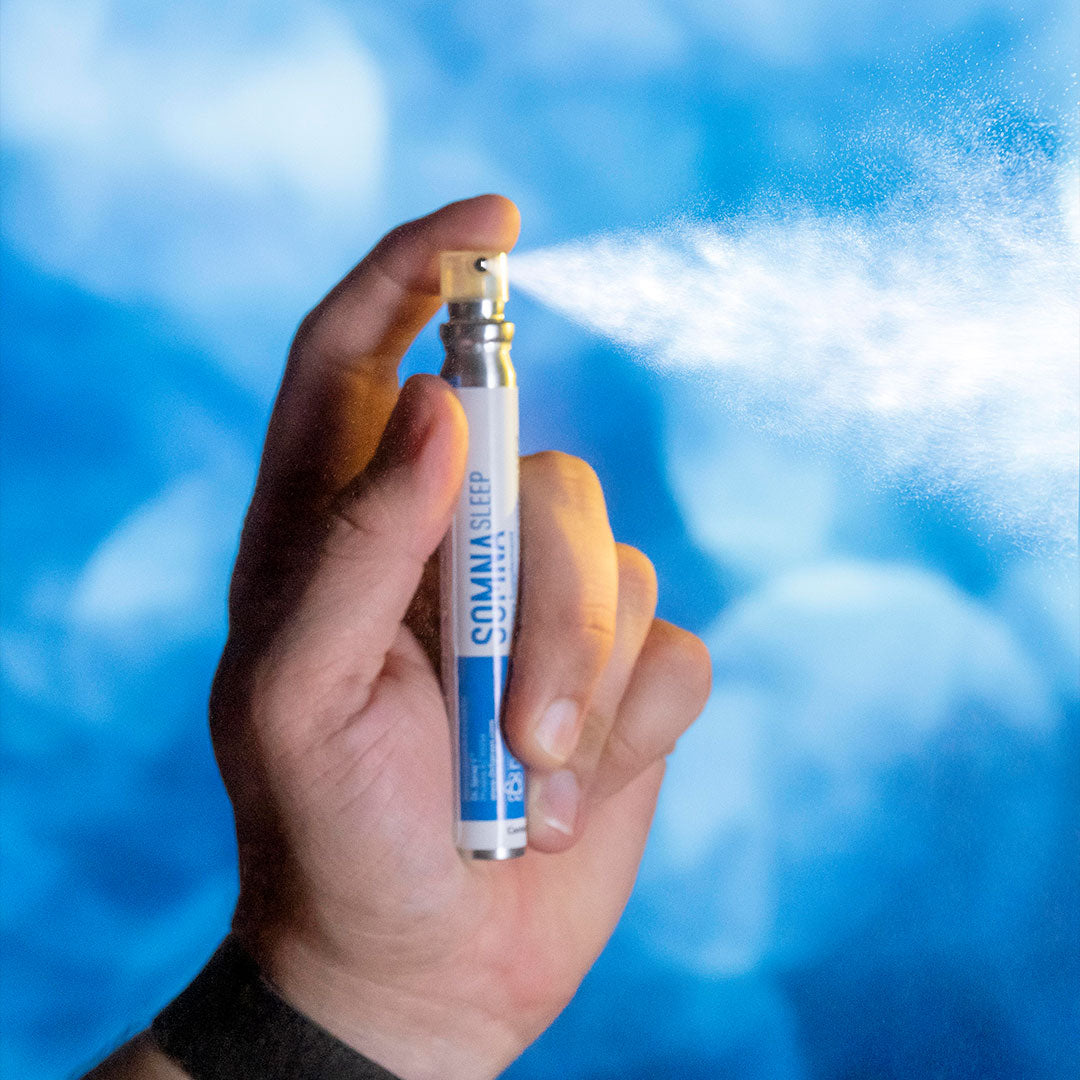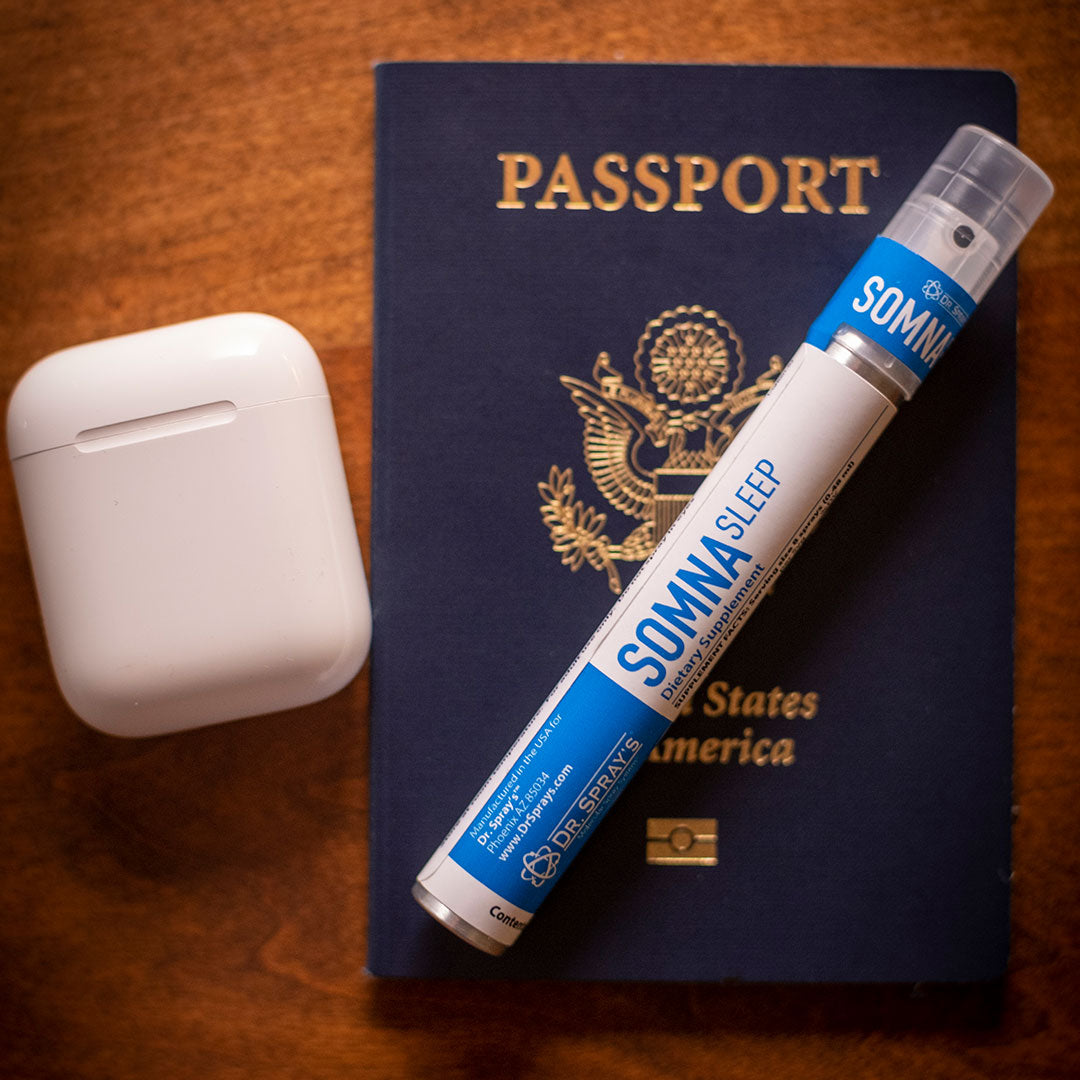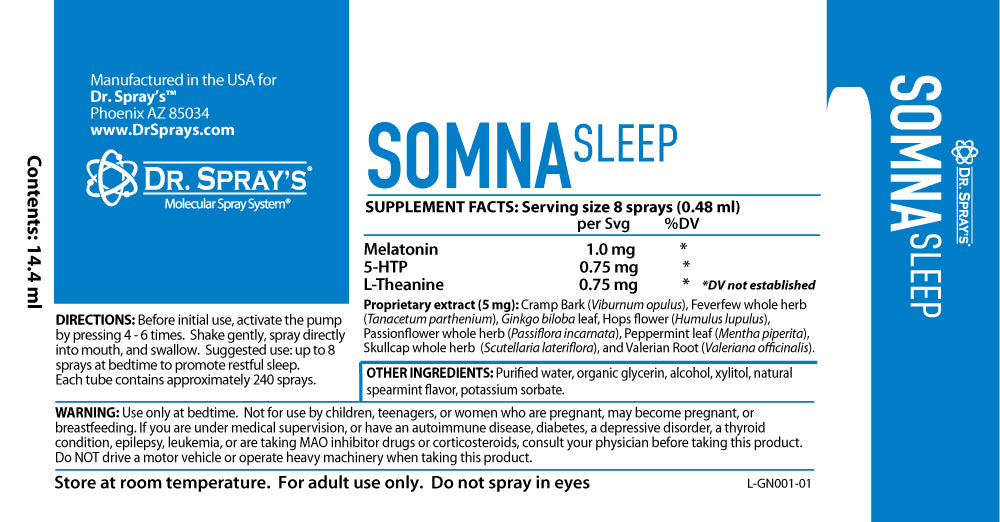The short answer is yes - Benadryl may be habit forming. Benadryl (diphenhydramine hydrochloride) is a commonly used antihistamine used to treat allergies, hay fever and the common cold. It can also be used to relieve itching due to insect bites, minor skin irritations, hives and rashes.
Benadryl has the potential to be habit forming when taken in high doses or when it is taken frequently over long periods of time. If you have been taking Benadryl for an extended period of time or for more than the recommended doses (4 pills per day), you should be aware that it could become habit-forming.
If you find yourself needing to take more than the recommended dose or taking your Benadryl too often, it's time to talk to your doctor about alternatives or strategies for managing your allergies. You should also not abruptly stop taking Benadryl without talking to your doctor first as this could lead to significant withdrawal symptoms.
It's important to keep in mind that Benadryl is not meant to be taken on a regular basis. The best way to avoid developing a habit is to use it as directed and only when necessary. Talk to your doctor if you're worried that you're taking too much or using it too often.
The typical side effects that come with taking Benadryl include drowsiness, dry mouth, dizziness and upset stomach. Taking large amounts of the drug regularly can cause your body to build up a tolerance to its effects over time. The more you use it, the less effective the drug might be in relieving allergy symptoms. Taking larger doses can also increase your risk of experiencing side effects.
There are potential risks associated with using Benadryl chronically including rebound allergic symptoms when you stop taking the drug and withdrawal symptoms when you reduce the dosage. If you find yourself needing to take more and more Benadryl to relieve your allergies, you should speak with your doctor.
It is also important to be aware that many products contain diphenhydramine as an active ingredient, such as sleeping aids and night time cold/allergy medications. Be sure to read the labels carefully and consult with your doctor about any medications you are taking.
To avoid becoming dependent on Benadryl, follow these steps:
- Only use Benadryl when necessary
- Restrict use to short periods of time
- Follow directions on the label carefully
- Do not take double doses
- Do not combine alcohol or other medications while using Benadryl
What Happens When You Stop Taking Benadryl?
Benadryl is an antihistamine commonly used to treat symptoms of allergies, motion sickness, and the common cold. It is available in many different forms ranging from tablets, liquid gels and injectable solutions. Most formulations contain the active ingredient diphenhydramine, which works by blocking histamines from entering your body and causing allergy-like symptoms.
Benadryl is generally considered safe when taken at recommended doses, however it can cause certain side effects such as dry mouth, drowsiness, and headache. It is important to note that Benadryl has the potential to become habit forming if taken too often or for too long a period of time.
So what happens when you stop taking Benadryl? The immediate answer is that your symptoms will return. Your body will no longer be receiving the relief it was getting from the drug and you may start to experience some of the more severe side effects associated with not taking Benadryl. Side effects may include difficulty sleeping, dizziness, nausea or vomiting and even anxiety.
For those who use Benadryl on a regular basis it is important to understand the risks associated with discontinuing use. It’s best to take Benadryl at recommended doses only as prescribed by your doctor or health care provider. If you find that you are taking more than directed or are experiencing any side effects, stop taking the medication immediately and consult a physician.
In conclusion, Benadryl can be habit forming if used incorrectly or for too long a period of time. For those who are frequent users it is important to understand the risks associated with not taking Benadryl as prescribed. If discontinued abruptly, severe side effects such as difficulty sleeping, dizziness and nausea may occur.
Is It Ok To Take Benadryl Every Night?
The answer to this question depends on a few factors, including your medical history and your doctor’s recommendation. Benadryl is a brand of antihistamine that can be used to provide relief from pollen, dust, and other allergens. In certain cases, it may be recommended to take it on a regular basis. However, there are some risks associated with taking Benadryl every night.
One potential risk of using Benadryl every night is that it can become habit-forming. The human body can develop a tolerance for the drug if it’s taken consistently over a long period of time. As tolerance builds up, the effects of Benadryl may diminish and you will need to take more to get the same results.
Benadryl also carries some side effects like drowsiness, confusion, upset stomach, and dry mouth. When taken regularly at night, these side effects can make it difficult to get a full night’s rest. Additionally, long-term usage of Benadryl has been linked to cognitive decline.
Ultimately, you should speak with your doctor before taking Benadryl every night. They will be able to assess your health and determine if taking this drug is the right choice for you and what dose is best. It’s also important to note that if you experience any side effects while taking Benadryl, you should stop use immediately.
Is It Harmful To Take Benadryl Everyday?
Many people take Benadryl to relieve their allergy symptoms, but there is some concern about whether this medication can be habit-forming or have negative long-term consequences. Benadryl is an antihistamine, which is usually used short-term to treat symptoms of allergies. It works by blocking the effects of histamine, a substance in your body that causes allergy symptoms. While it is helpful for treating allergies, it is possible to become dependent on Benadryl.
Benadryl can be considered habit-forming because it can cause physical and psychological dependence. Regular use of this drug can lead to tolerance, where you need an increased dose to get the same relief. In addition, ingesting too much Benadryl regularly can cause physical or psychological side effects, such as difficulty sleeping, restlessness or dizziness. These side effects are especially dangerous for those who drive or operate heavy machinery.
It's important to talk to your doctor if you frequently take Benadryl and experience any side effects. Your doctor can help determine if it is medically necessary for you to continue taking the medicine and make sure you are taking the appropriate dose.
It's also important to remember that Benadryl only treats the allergic reaction and does not replace medical treatment. If your allergies are chronic or continue more than a few weeks a year, your doctor may recommend immunotherapy or other treatments to prevent allergies in the future.
In conclusion, it can be dangerous to take Benadryl every day. Taking larger amounts than recommended could lead to health problems, including addiction and dependence. You should only use this medication when directed by your doctor and follow their instructions carefully.
Is Taking Benadryl Every Night Harmful?
With a variety of symptoms ranging from allergies to mild anxiety, Benadryl is one of the more common medications taken by people to help them cope with mild to moderate health issues. Given its widespread availability in the form of both over-the-counter and prescription medications, it is important to consider whether or not taking Benadryl every night could be harmful for you.
What Is Benadryl?
Benadryl is an antihistamine that can be used to treat a wide range of ailments, from tinnitus to insomnia. It works as a sleep aid by blocking the effects of histamine and other chemicals on the nervous system. The active ingredient in Benadryl has a sedative effect on users and thus helps them fall asleep. Benadryl is safe when taken as directed, but it can be dangerous if taken in large amounts or combined with alcohol.
Is Benadryl Addictive?
Benadryl is not habit-forming when taken as directed; however, it can be habit-forming if users take too much or take it more often than prescribed. Because it contains an antihistamine, Benadryl also has a mild sedative effect. This can lead to dependency if high doses are taken regularly. Taking higher doses than recommended can also lead to severe side effects such as confusion, difficulty breathing, and rapid heartbeat.
Is It Safe To Take Benadryl Every Night?
It is generally not recommended to take Benadryl every night because this could lead to tolerance and dependence. If you are using Benadryl for its sedative effects, you should look into natural alternatives such as melatonin, which is widely available without a prescription.
Conclusion
Benadryl is an effective medication for treating a variety of symptoms and illnesses, but it can be habit forming if taken in too large of doses or on a regular basis. Therefore, it is important to consult your doctor before taking it as well as follow all directions carefully to avoid any potential long-term side effects.
Is Long Term Benadryl Use Harmful?
Benadryl is a well-known antihistamine that can be used to alleviate allergy symptoms. However, some people may find themselves taking Benadryl for extended periods of time and wondering, is Benadryl habit forming?
Though Benadryl is a safe and non-addictive medication, long-term use comes with a few risks. If Benadryl is taken daily, the body can become tolerant to it—meaning it may take higher doses to achieve the same effects. This can lead to serious side effects such as sleepiness, confusion, trembling, dry mouth, constipation or an irregular heartbeat.
Using any drug at high doses over a long time period can carry risks. For those needing relief from their allergies on daily basis, there are other options available. These include decongestants and nasal corticosteroids which provide roughly the same relief as Benadryl while minimizing potential side effects.
Despite being non-addictive medication, taking more than the recommended dosage of Benadryl over extended periods of time could become dangerous in some circumstances. It’s important to discuss any long-term plans for antihistamine use with your doctor to ensure you are taking this medication perfectly safe.
Can You Sleep On Benadryl Everyday?
Benadryl is an over-the-counter antihistamine that could be used to treat allergies, colds, and other medical conditions. It's been used increasingly by those struggling with insomnia, because of its sedating effects. But is Benadryl habit forming?
Generally speaking, Benadryl is not considered a habit-forming drug, as it does not produce cravings. However, regular use of the medication for long periods of time can increase risk for dependency or addiction. And even people who have a normal relationship to their medication can end up with dependence if used for too long or in high doses.
What Are The Short-Term Risks?
Taken as directed, Benadryl is safe but can still cause some side effects while it’s affecting your body. Common side effects include drowsiness, dizziness, dry mouth, fatigue, stomach discomfort and constipation. In rare cases, more serious side effects may occur including irregular heartbeat and blood pressure changes. Long-term use of antihistamines like Benadryl have also been associated with an increase in dementia risk.
What Are The Long-Term Risks?
One of the main risks of regular use of Benadryl is physical dependency on its sedating effects. If you take Benadryl every night to help you sleep and stop using it suddenly your bodies natural hormones and chemicals will take time to readjust their levels in your brain.
Additionally stopping the usage suddenly can lead to withdrawal symptoms like difficulty sleeping and anxiety which might require medical attention. People who are particularly susceptible to addiction should use caution when considering Benadryl.
Conclusion
To sum up while it’s considered safe to take Benadryl as directed there are some longer-term risks that users should be aware of. Taking Benadryl for short periods of time may provide welcome relief from allergies or cold symptoms but long-term use should be avoided as much as possible.
Can Benadryl Be Addictive For Sleep?
Benadryl (diphenhydramine) is an antihistamine used for allergies and it can also be used as a sleep aid. It works by blocking the action of histamine in the body, which can cause allergies. Benadryl has been used to treat insomnia and sleep problems for many years due to its sedative and relaxant effects.
While Benadryl can be effective for temporary relief from insomnia, it is not recommended as a long-term treatment due to the potential for side effects and addiction. The drug affects the central nervous system, which can lead to tolerance and dependence if it is used over a long period of time.
When taken at higher doses, Benadryl can have powerful sedative effects, similar to those of other medications used to treat insomnia. While this may be beneficial in the short-term, it is important to be aware that the body may develop a tolerance to the drug over time. This means that you will need larger or more frequent doses in order to achieve the same level of sedation.
In some cases, this tolerance may lead users to become dependent on Benadryl as a sleep aid. The risk of dependency and addiction is increased when taken with other drugs like alcohol or prescription medication.
If you are using Benadryl for sleep, it's important to remember that this should only be done on an as-needed basis and only for a short period of time. It's important to talk with your doctor about any concerns you have regarding your use of Benadryl before taking it regularly.
Although rare, there is also a risk that overdosing on Benadryl could lead to serious health conditions or even death. It's important that you never take more than the recommended dose or combine it with other medications without consulting a doctor first.










